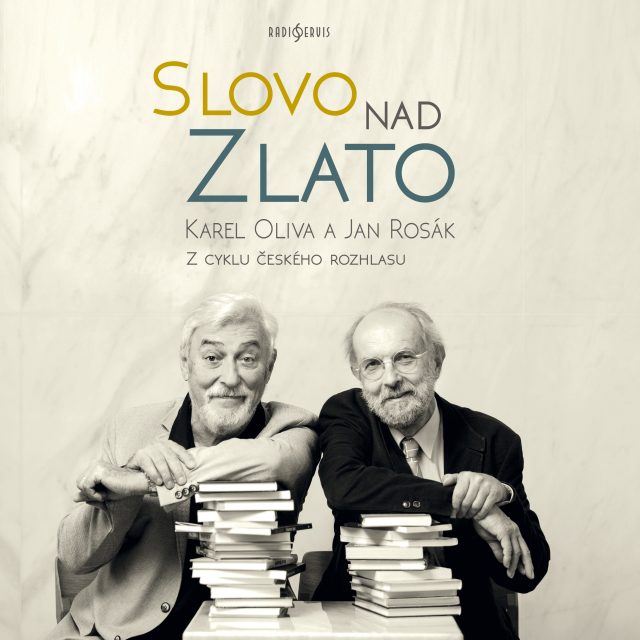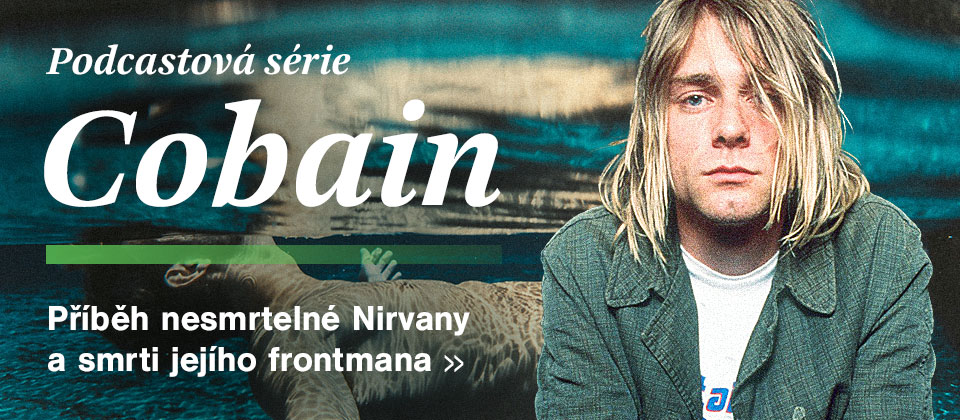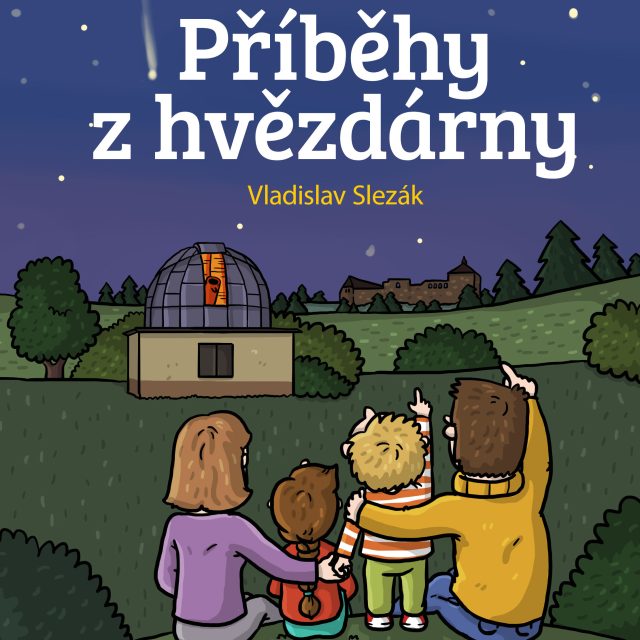Rudolf Firkušný
*11 February 1912, Napajedla †19 July 1994, Staatsburg, New York, USA
Firkušný was a world-famous Czech pianist, who performed in the world’s major concert halls and with the most prestigious orchestras and conductors. As a performer, he was the successor to the most important national musical tradition stemming from Dvořák and Smetana, a direct pupil of Leoš Janáček, Vilém Kurz and Josef Suk, and a friend of Bohuslav Martinů.
He was born in the East-Moravian village of Napajedla but spent his childhood in Brno. His talent was discovered by Leoš Janáček himself, who predicted a great future for Firkušný. A child prodigy, Firkušný performed at the mere age of ten with the Czech Philharmonic Orchestra (playing Mozart's “Coronation” Concerto). He graduated from the Conservatory in Brno (studying theory and composition with Janáček, piano with Ludmila Tučková, Růžena Kurzová and Vilém Kurz) and completed his studies by completing a Master’s degree at the Prague Conservatory, where he studied with Josef Suk and Rudolf Karel. He then decided to give up his composition career and focus only on the piano. He rounded out his studies through master classes with world-class pianists such as Alfred Cortot, Artur Schnabel, Yves Nat and Marguerite Long. Soon his name became well-known to audiences not only in his native land but also abroad.
Important landmarks of his career included his successful debut in the U.S. in 1941 and several subsequent concert tours in both North and South America. He returned to his homeland in 1946 as a guest of the Prague Spring festival, hailed as the greatest of Czech pianists. After the communist coup in 1948, however, Firkušný decided in favour of permanent exile, and Czech audiences had to wait until 1990 to hear him again when he triumphantly returned to perform at the Prague Spring Festival more than forty years after his debut there. By then Firkušný was already hailed as a legendary musician, known for his excellent recordings and performances at concert venues all around the globe from America to Australia.
He was a unique performer: from the romantic school of playing he retained a sense of cantabile; an expressive tone and ever-present rubato; the courage to speed up in passionate phrases; and the conviction that content should always take precedence over the form represented. Yet at the same time he was almost surprisingly modern, with a remarkably responsible analytical approach to the musical text. He would naturally combine individual parts with an intuitive attention to detail, to climaxes and sub-climaxes, building in intensity but respecting the general outline of the work, allowing for clear references to other elements of the piece.
Firkušný dedicated himself to preserving the part of Czech culture that he considered to be of eternal value: its musical heritage. The works of Janáček, Martinů, Dvořák, Smetana and other Czech composers were performed at his concerts, and he was able to promote them (despite their supposed non-commerciality) in the catalogues of the most important recording companies. At the same time he was also a supreme interpreter of new works by contemporary composers, not only Czechs such as Bohuslav Martinů and Vítězslava Kaprálová, but also North and South American composers such as Barber, Menotti, Ginastera, Floyd, Mignone, and Chávez. His recordings have been listed in the catalogues of most prominent labels.
Firkušný was not only a great pianist but also a teacher. From 1965 he taught at the prestigious Juilliard School in New York, also teaching at the Music Festival and School in Aspen, Colorado as well as giving master-classes in Luzern, Switzerland. Among his many famous pupils were Avner Arad, Yefim Bronfman, Sara Davis Buechner, Carlo Grante, Eduardus Halim, and Alan Weiss.
Rudolf Firkušný died in 1994 after a brief but serious illness. His wife Tatiana was to follow him eleven years later, and today both are buried at the Circle of Honour of famous personalities at the Central Cemetery in Brno.
Author: Richard PohlRevision: Véronique Firkušný - Callegari
E-shop Českého rozhlasu
Víte, kde spočívá náš společný ukrytý poklad? Blíž, než si myslíte!
Jan Rosák, moderátor


Slovo nad zlato
Víte, jaký vztah mají politici a policisté? Kde se vzalo slovo Vánoce? Za jaké slovo vděčí Turci husitům? Že se mladým paním původně zapalovalo něco úplně jiného než lýtka? Že segedínský guláš nemá se Segedínem nic společného a že známe na den přesně vznik slova dálnice? Takových objevů je plná knížka Slovo nad zlato. Tvoří ji výběr z rozhovorů moderátora Jana Rosáka s dřívějším ředitelem Ústavu pro jazyk český docentem Karlem Olivou, které vysílal Český rozhlas Dvojka.




